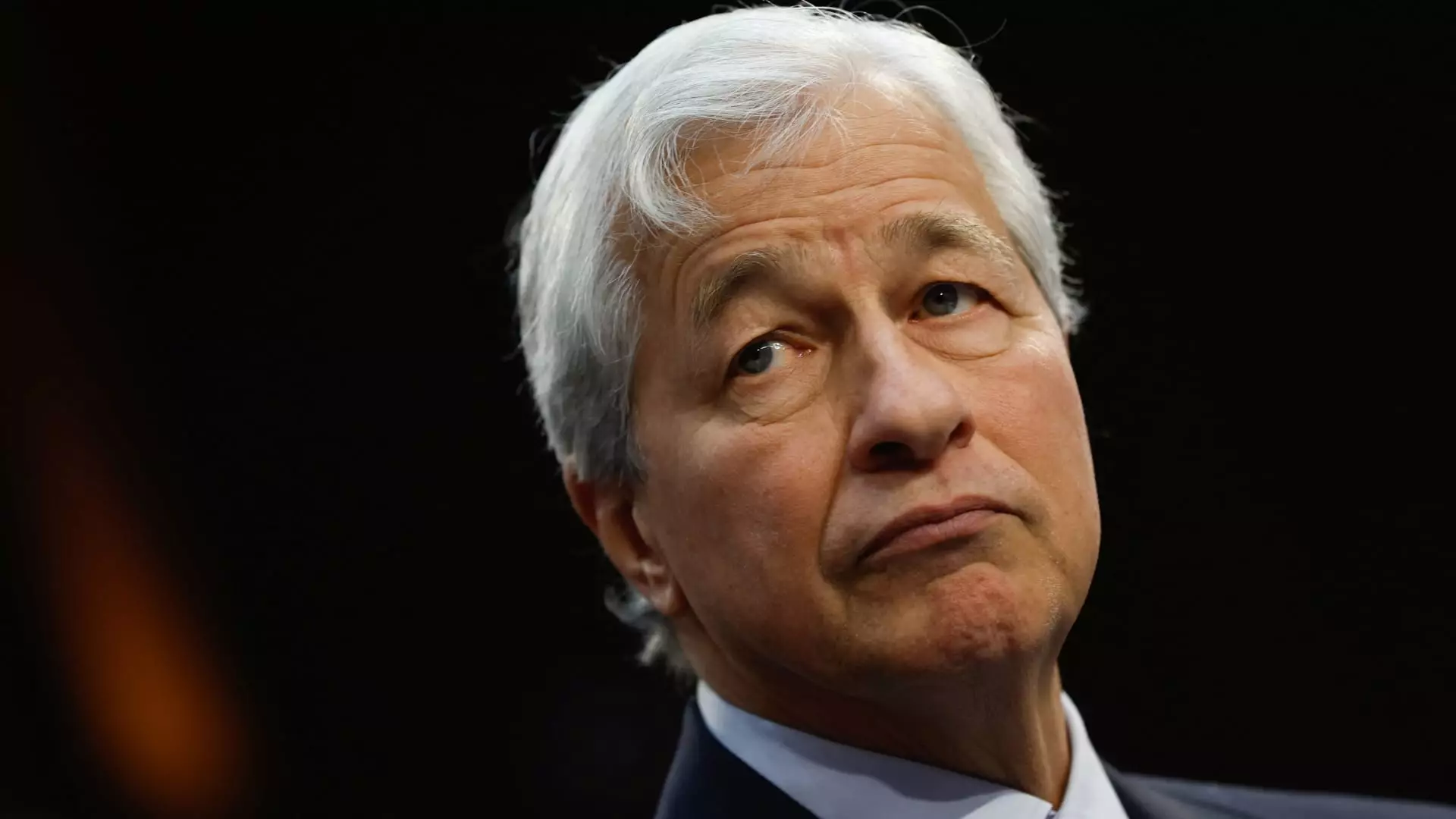In recent months, geopolitical landscapes have shifted dramatically, presenting a complex web of challenges that threaten global stability. Jamie Dimon, CEO of JPMorgan Chase, highlighted these growing risks, framing the current state of international relations as increasingly precarious. His reflections during the bank’s third-quarter earnings release shed light on the multifaceted crises in regions such as the Middle East and Eastern Europe. These conflicts are not merely isolated incidents but rather part of a broader deterioration of the global order that has persisted since World War II.
Dimon expressed profound concern for the human suffering that accompanies these conflicts, underscoring that the outcomes could have lasting repercussions not only for afflicted nations but also for the global economy. The recent one-year anniversary of the Israel-Hamas conflict starkly illustrates this point, with countless lives lost and widespread devastation. The emergence of multiple fronts in this conflict, including Hezbollah’s involvement and Iranian aggression, amplifies fears of escalation. As attacks continue, such as the recent Israeli airstrikes in Beirut, the humanitarian crisis deepens, revealing the fragility of peace in the region.
Beyond the immediate human tragedies lies the economic impact that escalated military actions could engender. Conflicts disrupt trade networks, drive up energy prices, and create instability that pushes investors towards safer assets or even stokes inflation. As tensions escalate, the international community watches with bated breath, aware that the ramifications may extend well beyond the battlegrounds.
Dimon emphasized the urgent need for decisive leadership amid these tumultuous changes. He called for a strong response from American and Western leaders to address the emerging threats, including the risk of nuclear blackmail from rogue states such as Iran and North Korea. His comments reflect a broader realization that effective diplomacy and assertive policies are essential for navigating these complex issues. The current political landscape necessitates more than cursory involvement; it requires a readiness to confront challenges head-on.
Furthermore, Dimon’s reflections draw attention to deteriorating Sino-American relations, presenting an additional layer of complexity to global stability. Geopolitical tension not only complicates trade and economic collaboration between the U.S. and China but also shapes military and diplomatic postures. It is an urgent reminder that strategic foresight and coordinated international responses are critical to mitigating potential conflicts.
Turning to economic concerns, Dimon remained cautious about the future despite positive indications such as slowing inflation and a resilient labor market in the U.S. He highlighted significant hurdles, such as rising fiscal deficits and urgent infrastructure needs that demand immediate attention. The specter of remilitarization and potential trade restructurings loom large over economies worldwide, urging policymakers to act decisively.
The interconnectedness of geopolitical instability and economic health cannot be overstated. As the world grapples with escalating conflicts, the call for strong and visionary leadership becomes increasingly urgent. Addressing today’s challenges will lay the foundation for a more stable economic environment and a return to cooperative international relations. The path ahead may be fraught with difficulty, but proactive measures can help steer the global community towards resilience and peace.

